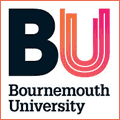Bachelor in Sports Therapy - Grado en Terapia Deportiva

-
Presencial
-
Reino Unido
-
3 Años
